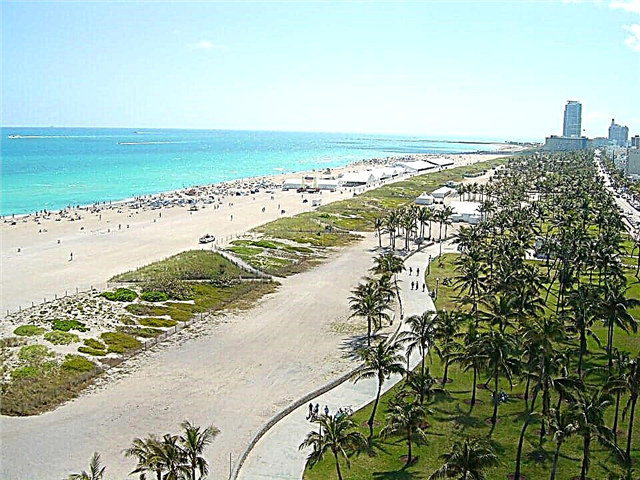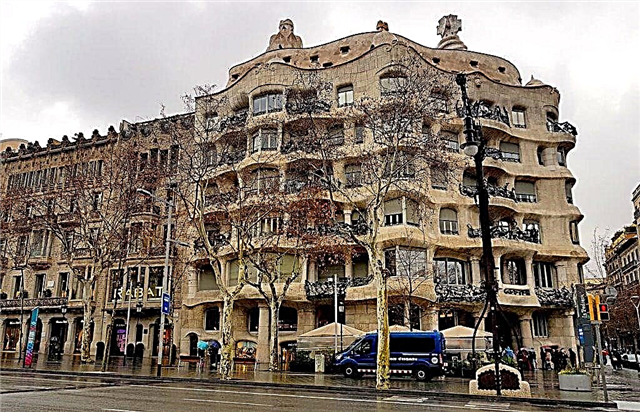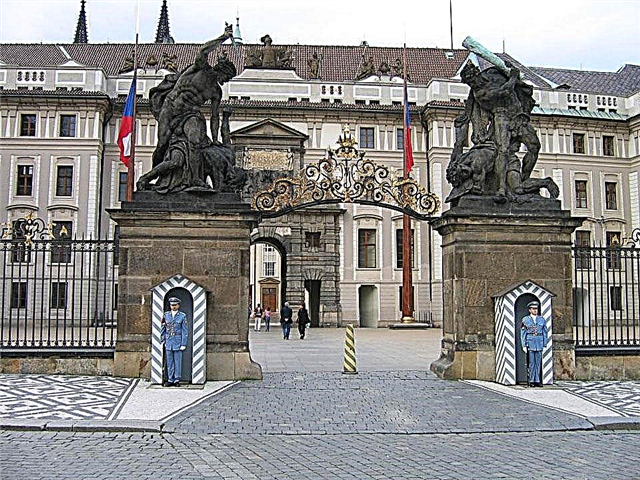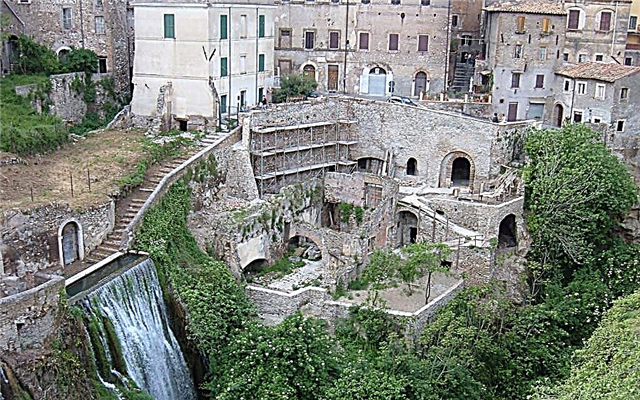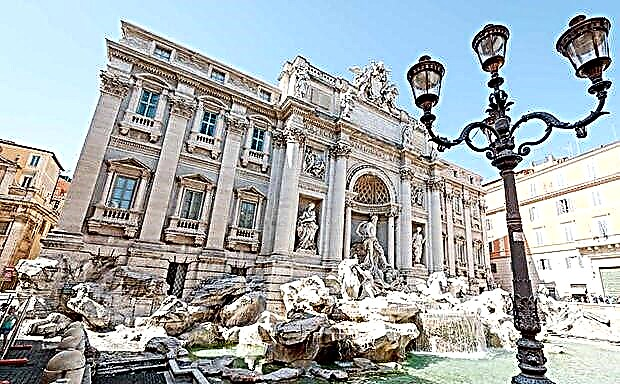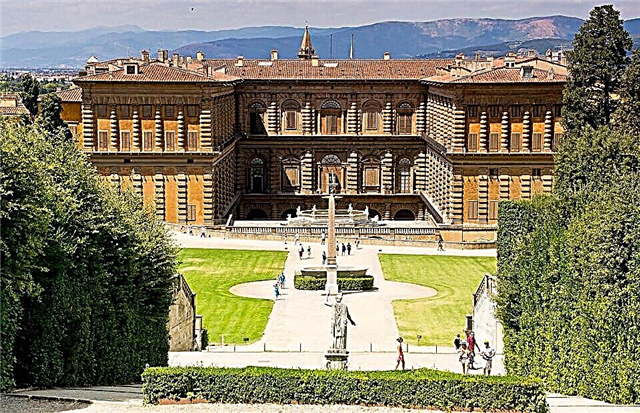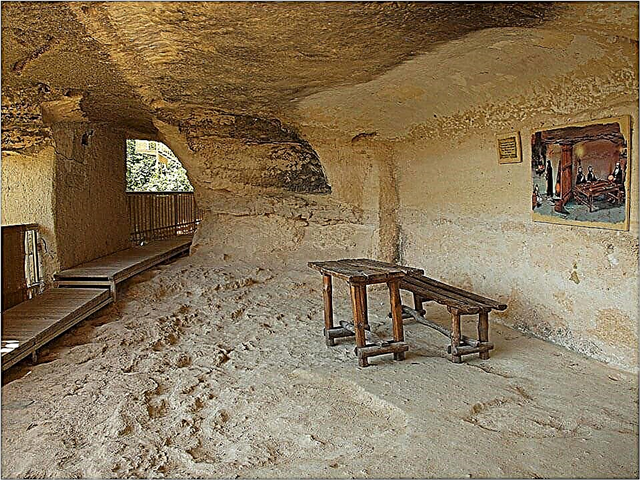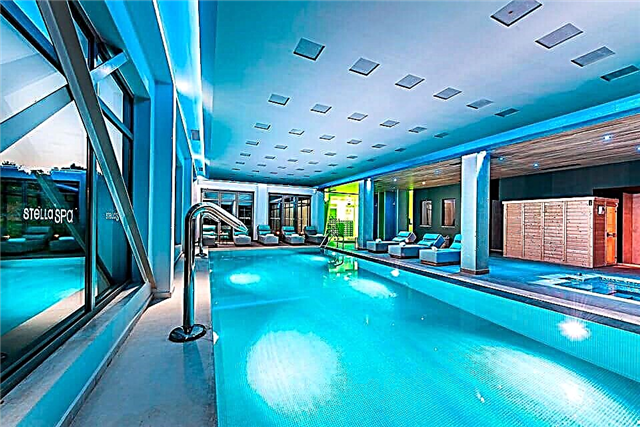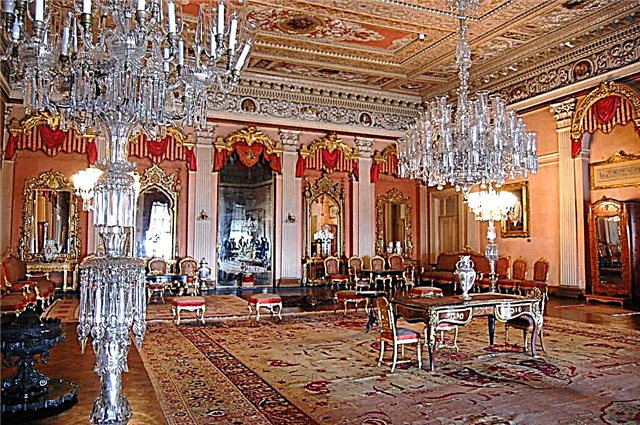Dolmabahce Palace is located in the European part of Istanbul on the shores of the Bosphorus. The name of the most luxurious Sultan's palace comes from the combination of two Turkish words "dolma" and "melon", which in translation sounds like a stuffed garden. The fact is that the garden near the palace was formed on the territory of the bay, where in the old days the fleet of the Ottoman Empire was based. Later, the bay was filled up and a garden was planted in this place. The name of the palace just reflects the transformation in the bay of the Bosphorus.

The Dolmabahce Palace owes its appearance to the 31st ruler of the Ottoman Empire, Sultan Abdul-Majid I. This ruler, often visiting European countries, was known in his time as a reformer and tried to introduce elements of the European way of life into the culture of his country. The embodiment of his progressive aspirations was the construction of a palace that combined Eastern luxury and European wealth. Construction work, which was carried out under the leadership of the talented Armenian architect Balyan, began in 1842 and lasted for 11 years. This slowness was explained by the fact that only the best building materials and interior decorations were selected for the construction of the palace. Tons of gold were used to make monograms and vignettes that adorned the rooms of the majestic building being erected. In addition to gold, more than 40 tons of silver were used to decorate the premises. The best Italian and French masters worked on the painting of the walls and domed ceilings.
It is worth noting that the European rulers liked the idea of building a new palace, and each of them tried to take the slightest part in the construction of the pompous building, giving the Sultan rich gifts to decorate the interior. Even the English Queen Victoria did not stand aside and sent as a gift to the Sultan a luxurious and expensive Bohemian glass chandelier, which is still the main decoration of the dome of the Dolmabahce Throne Hall. The Russian tsar also presented the sultan with the skin of a huge polar bear, which became an original decoration of one of the halls of the palace. From all over the world, the rulers donated to the Sultan beautiful dishes, wonderful expensive vases, amazingly beautiful lamps and real masterpieces of painting.

Among the paintings of famous artists that adorn the walls of the palace, one should note the paintings of the Russian artist I.K. Aivazovsky. In the 60s of the XIX century, Aivazovsky received an order from Sultan Abdul-Aziz to write a series of paintings depicting the beauty of the Bosphorus. There is an opinion that the sultan planned to select the best paintings, but could not resist the talented works of the artist and acquired everything, honoring Aivazovsky with the honorary Order of Osman, decorated with diamonds. According to one version, Aivazovsky threw the award into the sea, thus protesting against the Ottoman massacre of 1894-1896.
It is no coincidence that the palace complex was built on the shores of the Bosphorus. Ships from all over the world approached the convenient pier at the Romantic East Gate of the palace 150 years ago. Here foreign guests landed and went to meet with the ruler of the great Ottoman Empire. In addition to the named gates, there are 11 more richly decorated gates leading to a certain part of the palace.

The palace consists of 34 halls, 285 rooms, 6 Turkish baths and is divided into male and female halves. In the male half, the Sultan received important ambassadors and was engaged in state affairs. It is noteworthy that at one time the first president of Turkey, Mustafa Kemal Ataturk, lived in the palace, who died here in 1938. After his death, most of the palace halls with their rich decoration became available for public viewing, and the box on which the first president died became the main attraction of Dolmabahce. Since 2007, the palace has been the official residence of the prime minister of the republic. In selected rooms of the palace, important international events and summits are held. But most of the building is open to tourists.

The female half of the palace is represented by a harem. The harem contains the chambers of the Sultan's mother, rooms for his wives, as well as the chambers of the Sultan himself. It is noteworthy that in the chambers of Sultan Abdul-Aziz there is a specially made bed that could withstand 150 kg of the padishah. In the old days, more than 500 women lived in the harem, among whom were concubines, wives, sisters, daughters, nieces and many other representatives of the fair sex. Most of them kept the palace clean and tidy.
In front of the palace building there is a beautifully manicured park. Bright flowers and lawns with numerous sculptures located on them give it a special charm. By order of the Sultan, a poultry yard was equipped in the park, in which rare specimens of birds, brought here from all over the world, walked, sang and flew. Since then, many of them have disappeared, but peacocks and pheasants still delight the public with their presence. There is a fountain in the poultry yard, in which live fish splash.

In the summer months, a changing of the guard takes place at the main residence of the palace, and every Tuesday a live military band sounds at the Sultan Gate.
Recommended for viewing the Grand Bazaar in Istanbul.

